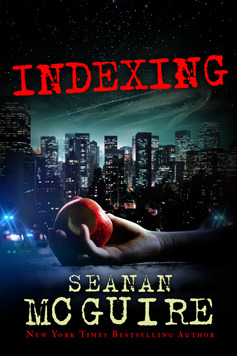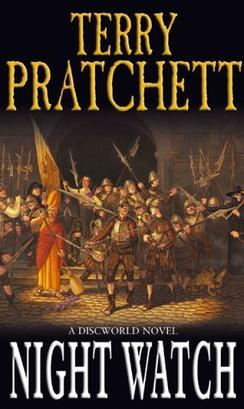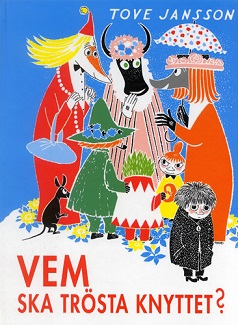Query Tracker
While querying, it's important to know who you've queried and when. Something that's also nice is being able to see the actual query letter. Query Tracker does all this for me as well as providing the option to search for possible agents using various criteria. Query Tracker provides some statistics based on people's reports but from where I'm sitting they don't seem very robust at the moment. None the less Query Tracker even as it is now is an invaluable part of my writing process.Duotrope
I write short fiction as well as novels. To be perfectly frank, I've written many more short stories than novels. Possibly even more words in short stories than in novels. Duotrope is very similar to Query Tracker, only focused on short stories. Duotrope has wonderful statistics on all the short story markets I've come across so far. It also provides a calendar with upcoming themed and unthemed deadlines of magazine submissions.
Sink or Submit!
Finally, with regard to submissions, we come to the gamification of submissions. Sink or Submit! is a super simple game created by another Mary Robinette Kowal alumn, Hilary Bisenieks Brenum and it was inspired by yet another MRK alumn, Sunil Patel. Basically, you get a point for every submission and rejection you get. For every acceptance your point count goes to zero. The point of the game is to reward for behavior that should, in the end lead to something positive but where the road to those positive results is sometimes very unpleasant. A sale is a reward all on its own.The Magic Spreadsheet
The Magic spreadsheet is a way to gamify the amount of words you write every single day. You get more points for every day that you write at least the magic minimum (250 words). You get one point for 250 words (two points for 500 words, 3 for 1000 words and four for 2000 words) plus one point for every day in your chain. I'm currently on my 44th day of my latest chain which means that I'm getting 45 points for today's 300 words. As you accumulate points, you go up a level at intervals that last about a month if you write every day. As you go up a level, your level specific quota goes up by 50 words. Which is to say, on the second level you need to write 300 words every day to maintain your points. You can still maintain your chain even if you don't write to your level quota but that also drops your chain points back to the level highest level quota of those words. So, if today I wrote only 250 words, I would get only 31 points instead of 45. If tomorrow I wrote my 300 words, I would get only 32 points.The spreadsheet also sports a leaderboard in which you can compete with people around the world on the number of words you've written total, this month and so on.
Trello
 At all times I have at least three projects ongoing; one short story, one novel either in plotting or revision and one novel being written. On top of that I run two of my own blogs and regularly contribute to three others. If I didn't have some type of project management tool, my head would explode. Literally. Or maybe not. Mind meltdown doesn't seem like it would produce that much heat or expansion. Anyway, I'm digressing. I use Trello to plan my time in advance because it allows me to see most of the moving parts in advance as well as giving me deadlines for upcoming things that I need to get done.
At all times I have at least three projects ongoing; one short story, one novel either in plotting or revision and one novel being written. On top of that I run two of my own blogs and regularly contribute to three others. If I didn't have some type of project management tool, my head would explode. Literally. Or maybe not. Mind meltdown doesn't seem like it would produce that much heat or expansion. Anyway, I'm digressing. I use Trello to plan my time in advance because it allows me to see most of the moving parts in advance as well as giving me deadlines for upcoming things that I need to get done.How do you document your writing life? Do you







